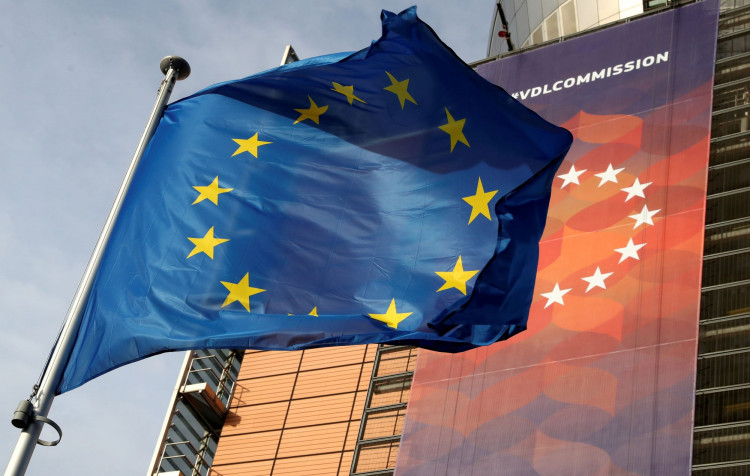The European Union on Wednesday approved its first wave of retaliatory tariffs on U.S. imports, marking a significant escalation in the transatlantic trade conflict triggered by President Donald Trump's sweeping import levies. The 27-member bloc said it would begin collecting duties on targeted American products beginning April 15, with additional phases scheduled for May 16 and December 1.
The European Commission, the bloc's executive arm, said the measures are in direct response to the U.S. administration's 25% tariffs on EU steel and aluminum, as well as a broader 20% tariff applied to most other European exports under Trump's new reciprocal trade policy. The Commission emphasized that the EU remains open to negotiation but would act to defend its economic interests.
"The EU considers US tariffs unjustified and damaging, causing economic harm to both sides, as well as the global economy," the Commission said. "These countermeasures can be suspended at any time, should the US agree to a fair and balanced negotiated outcome."
According to a document reviewed by Reuters, the EU's countermeasures will primarily consist of 25% duties on a range of American goods, including maize, wheat, barley, rice, poultry, motorcycles, wood, fruit, clothing, and even dental floss. Products such as almonds and soybeans will be affected in a final stage beginning December. The goods targeted totaled around €21 billion ($23 billion) in EU imports last year.
Wednesday's vote by a committee of trade experts saw 26 of 27 EU member states support the plan, with only Hungary opposing the measure. The vote followed weeks of internal consultation and adjustments, which saw U.S. dairy and alcoholic beverages removed from the list after strong lobbying from major European wine exporters, particularly France and Italy.
European Commission President Ursula von der Leyen said in March that the EU was prepared to retaliate unless the U.S. agreed to negotiations. "We are prepared to respond," she said at the time, while also stating that dialogue was still possible and "not too late."
The EU's trade chief Maros Sefcovic said this week that the U.S. tariffs affect approximately €380 billion ($420 billion) in European exports, nearly 70% of the EU's total exports to the U.S. "To put it in perspective, that's over €80 billion in duties, an eleven-fold jump from the €7 billion the U.S. currently collects," he said.
Trump's tariffs officially went into effect at 12:01 a.m. EDT on Wednesday. The administration has argued that the levies are intended to correct longstanding trade imbalances and open foreign markets to American exports. But U.S. trading partners have accused Washington of undermining the rules-based international trading system.
The EU joins China and Canada in launching retaliatory action. On Wednesday, Beijing announced it would raise its own tariffs on U.S. goods to 84% from 34%, a move that sent global financial markets into fresh turmoil. European officials are continuing to assess how to respond to the additional U.S. tariffs targeting European cars and broader industrial exports.





